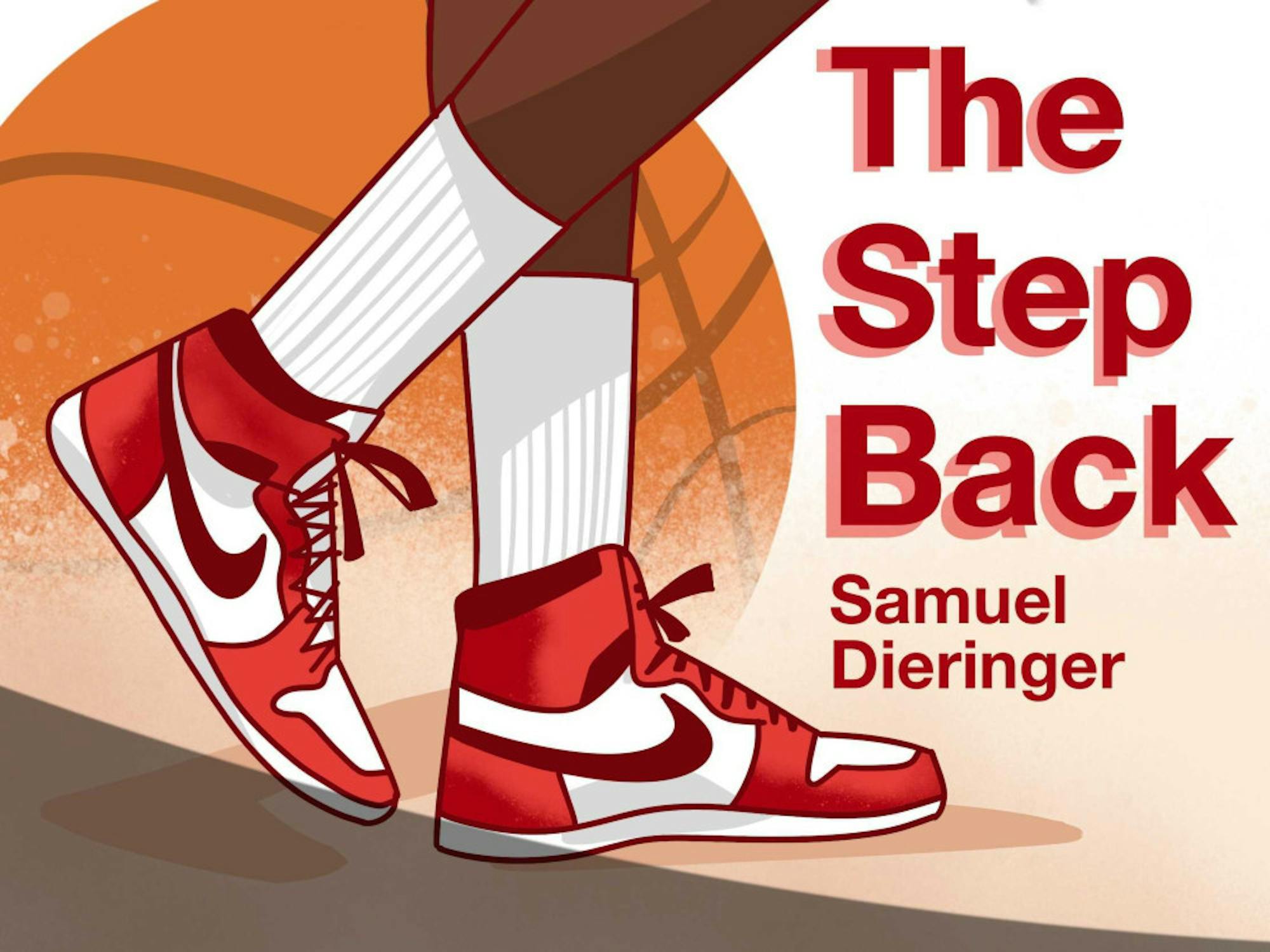As the walls of the old KeyArena in Seattle crumbled in 2006, then-majority owner of the Seattle SuperSonics and former chairman of Starbucks Howard Schultz had a decision to make.
To avoid the massive undertaking of renovating the team’s arena, Schultz sold the Seattle SuperSonics to a separate investment group with the intention of keeping the Sonics in Seattle. However, Schultz quickly realized that his business partners did not have the same intentions. In a stunning move, the new owners relocated to Oklahoma City and renamed the franchise to the Thunder in 2008.
This development rocked Schultz, the NBA and most of all, the city of Seattle. As one of the largest basketball markets in the country with teams in each of the three other major sports, fans have never truly gotten over the dramatic vanishing of their Seattle SuperSonics — until now.
In recent years, rumblings permeate throughout the league about a potential return of the franchise that once vanished 14 years prior. As a result of revenue loss from the COVID-19 pandemic, rumors have grown regarding the first NBA expansion since 2004. As NBA Commissioner Adam Silver keeps expansion on the table as a possibility, Seattle Mayor Bruce Harrell affirmed a push by the Seattle municipality for a SuperSonics return stating that he feels good about the potential return of an NBA team to Seattle.
With momentum building for an ultimate return to the NBA stage, what could the SuperSonics reentry mean for the NBA?
Seattle’s place in NBA history is large and overbearing. The SuperSonics joined the NBA in 1967 and immediately began to foster the brightest NBA talent, including the likes of Lenny Wilkens, Spencer Haywood and then-young head coach Bill Russell. In 1979, the Sonics also won their first and only NBA title. However, what the SuperSonics may be most known for in their history is their 1990s run with All-Star tandem Gary Payton and Shawn Kemp and their battles against Western Conference powerhouses like the Lakers and Suns in the ‘90s.
As the team had just drafted rookie Kevin Durant in 2007, they clearly were set to make a massive impact in the next decade. One can only imagine the impact a revived SuperSonics culture would have on this era of the NBA.
From a more practical perspective, expanding the league to bring back the SuperSonics and other new franchises would require reshuffling to balance out the conferences. This could look like moving fringe Western Conference franchises like the Memphis Grizzlies and New Orleans Pelicans to the Eastern Conference.
With growing markets across the country, a need to make up for lost revenue and a more globalized game overall, expansion is a logical next step for the NBA. As more doors open to this possibility, there is no doubt that a SuperSonics revival is overwhelmingly a huge plus for the league and its future. As the league ponders its next move, fans around the world and an eager Seattle fanbase anxiously await the long overdue return of their beloved franchise, the Seattle SuperSonics.






